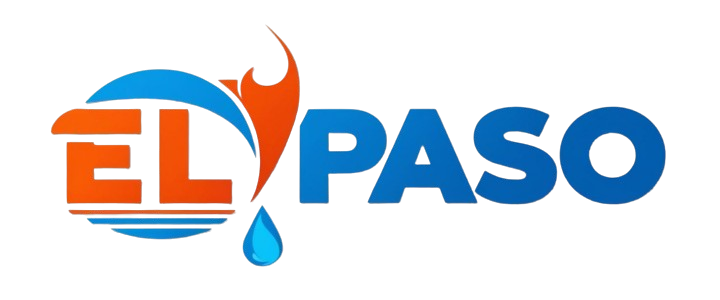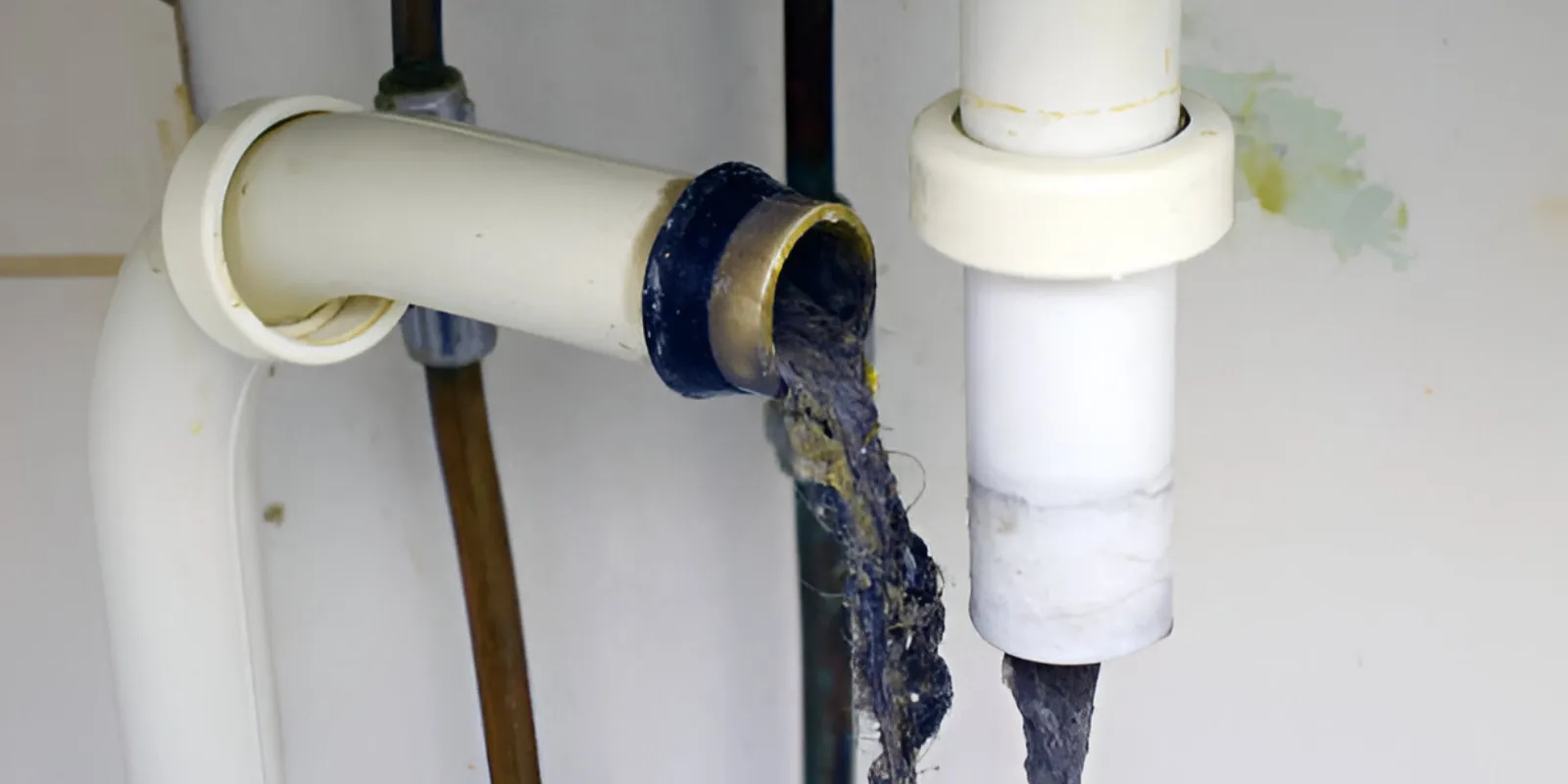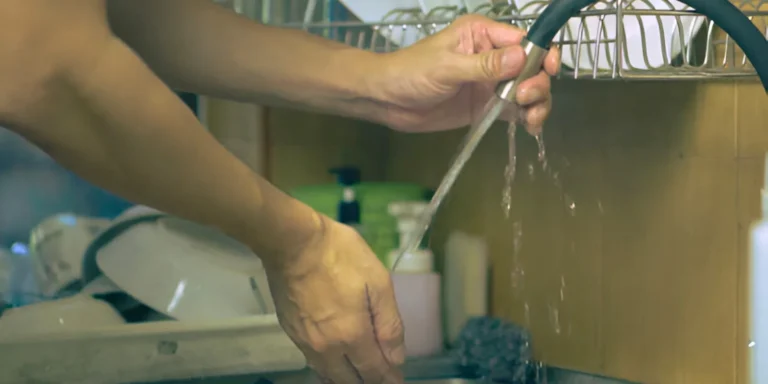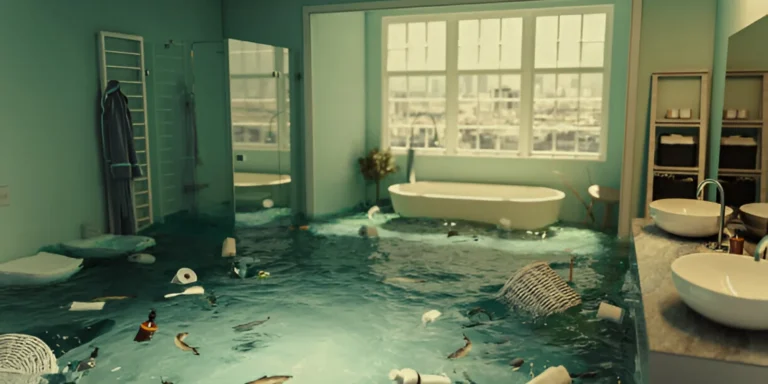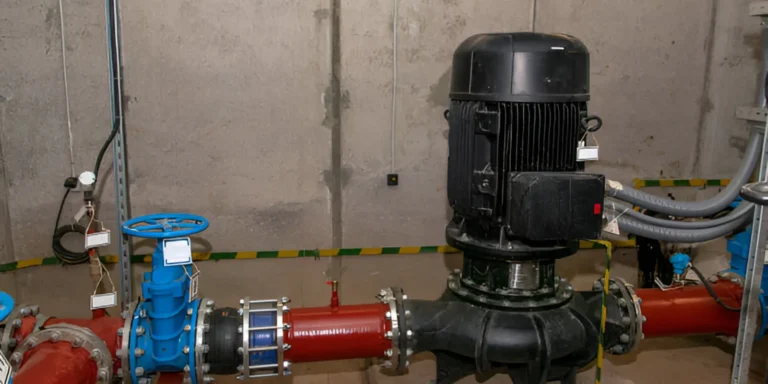A clogged drain is a common household issue that can be both frustrating and inconvenient. Whether it’s your kitchen sink, bathroom drain, or shower, the blockage usually happens when debris, grease, soap scum, hair, or other substances build up over time. These materials obstruct the flow of water and cause slow drainage or complete stoppage. While a clogged drain may seem like a minor issue, if left untreated, it can lead to unpleasant odors, water damage, and even more severe plumbing problems. In this article, we will explore the primary reasons why your drain is clogged and offer practical solutions to resolve it.
Common Causes of Drain Blockages
Drains get clogged for several reasons. In kitchens, food scraps, grease, and oils often build up in the pipes. Grease, in particular, can congeal and create sticky clogs that are tough to clear. In bathrooms, hair, soap scum, and toothpaste can collect and block drains over time. Even the smallest items, like cotton swabs or small toys, can find their way into the drain and cause a blockage. It’s essential to be mindful of what goes down your drains to prevent clogs from forming in the first place.
Kitchen Drain Clogs
Kitchen drains are particularly susceptible to blockages due to the types of substances they carry. Cooking oils, fats, and leftover food scraps often end up in the sink. While it may seem harmless to rinse grease down the drain, over time it builds up, coats the inside of pipes, and creates a stubborn clog. To prevent this, always dispose of grease in a separate container and use drain strainers to catch food particles. Regularly cleaning your drain with hot water can also help prevent grease buildup.
Hair and Soap Scum in Bathroom Drains
In bathrooms, hair is one of the leading causes of clogged drains, especially in shower and bathtub drains. Over time, hair strands mix with soap scum and create thick, sticky clogs. These blockages slow down water flow and can lead to more severe plumbing issues if not addressed. Installing a hair catcher or drain cover can significantly reduce hair buildup. It’s also a good idea to regularly clean your bathroom drains to avoid the accumulation of soap scum and other debris.
Using Chemical Drain Cleaners
While chemical drain cleaners may seem like an easy fix, they can often cause more harm than good. These harsh chemicals can damage your pipes over time, leading to leaks and further blockages. They can also be dangerous to handle and harmful to the environment. Instead of relying on chemical cleaners, opt for safer and more effective methods, like a plunger, a drain snake, or a natural homemade solution using baking soda and vinegar. These methods are not only safer for your plumbing but also for the planet.
How to Prevent Clogged Drains
Preventing drain blockages is much easier than dealing with the mess once it occurs. Regular maintenance and mindful practices can go a long way in ensuring your drains stay clear. Avoid pouring grease or food scraps down the kitchen sink, and be cautious of what you flush in the bathroom. Also, consider scheduling routine drain cleaning with a professional plumber to keep your pipes in top condition. Simple habits like these can save you from costly plumbing repairs in the future.
